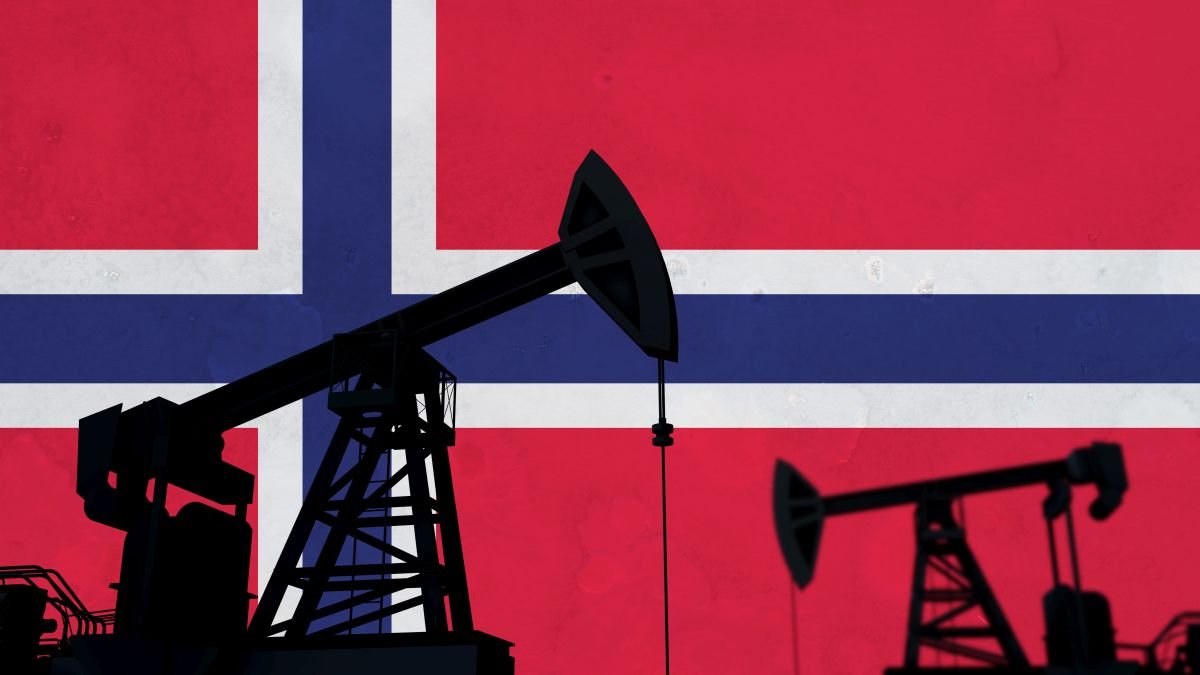Despite the arrival of summer, the tensions in the energy market at. The holidays lead to an increase in fuel prices as we use our means of transport more, but that is less the case for gas of electricity, for which demand tends to fall. But this year prices don’t fall, on the contrary. The reverse situation is emerging as new elements push up prices on international markets again.
Especially the oil prices may come under further pressure in the coming weeks as several oil-producing countries that Russian oil had to cope with major problems. This is for example the case in Libyawhere the past few weeks social tensions have been created by the rising cost of living.
Libyans take part in large demonstrations to denounce their difficult living conditions and the incessant power cuts. The population mobilized to demand new elections. Many workers in the oil sector were unable to work as a result, which led to a significant drop in crude oil production† Normally Libya produces about 865,000 barrels per daybut due to the current stresses, the production decreased up to 409,000 barrels per day, at certain times even 365,000 barrels.
Strike in Norway
The current energy crisis is partly the result of the butterfly effect† By this we mean that apparently harmless, minor variations can lead to major changes and chaos† That is exactly what is happening with the economic recovery, the war in Ukraine, the Western sanctions, the protest in Libya and now the situation Norway† There are big ones strikes in the oil sector† The public energy group Equinor had to already close three oil and gas platforms since the unions decided to strike on Monday evening. They demand pay increases to offset derailed inflation.
According to the Financial Times, only 1 percent of gas exports from Norway are currently affected. But if the strike continues, the strikers could completely block the supply of hydrocarbons† At a time when Europe alternative solutions looking for supplies after the embargo on Russian hydrocarbons, this obviously poses another major problem. Norway is currently the largest energy supplier for European countries. The unions have threatened to cut oil production with 341,000 barrels per day while reducing the gas export to reduce with 56 percent.
Fortunately, the situation in Norway to relax. The government has brought workers and employers together for a independent body to mediate in the conflict, as required by Norwegian law. But that doesn’t mean that the strikers’ moods have completely calmed down. If they don’t win their case, they still can carry out their threats† All this concern about the energy issue has contributed to the exchange rate of the euro against the dollar has fallen to its lowest level in two decades.
–

